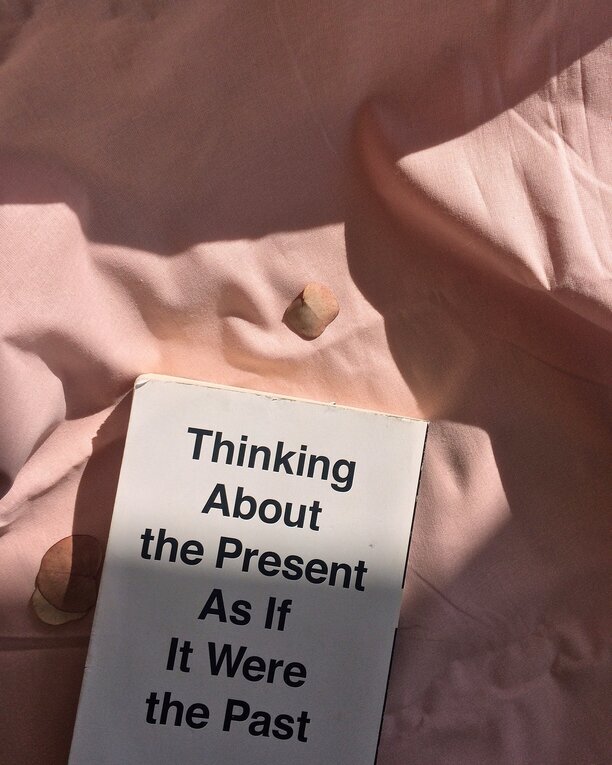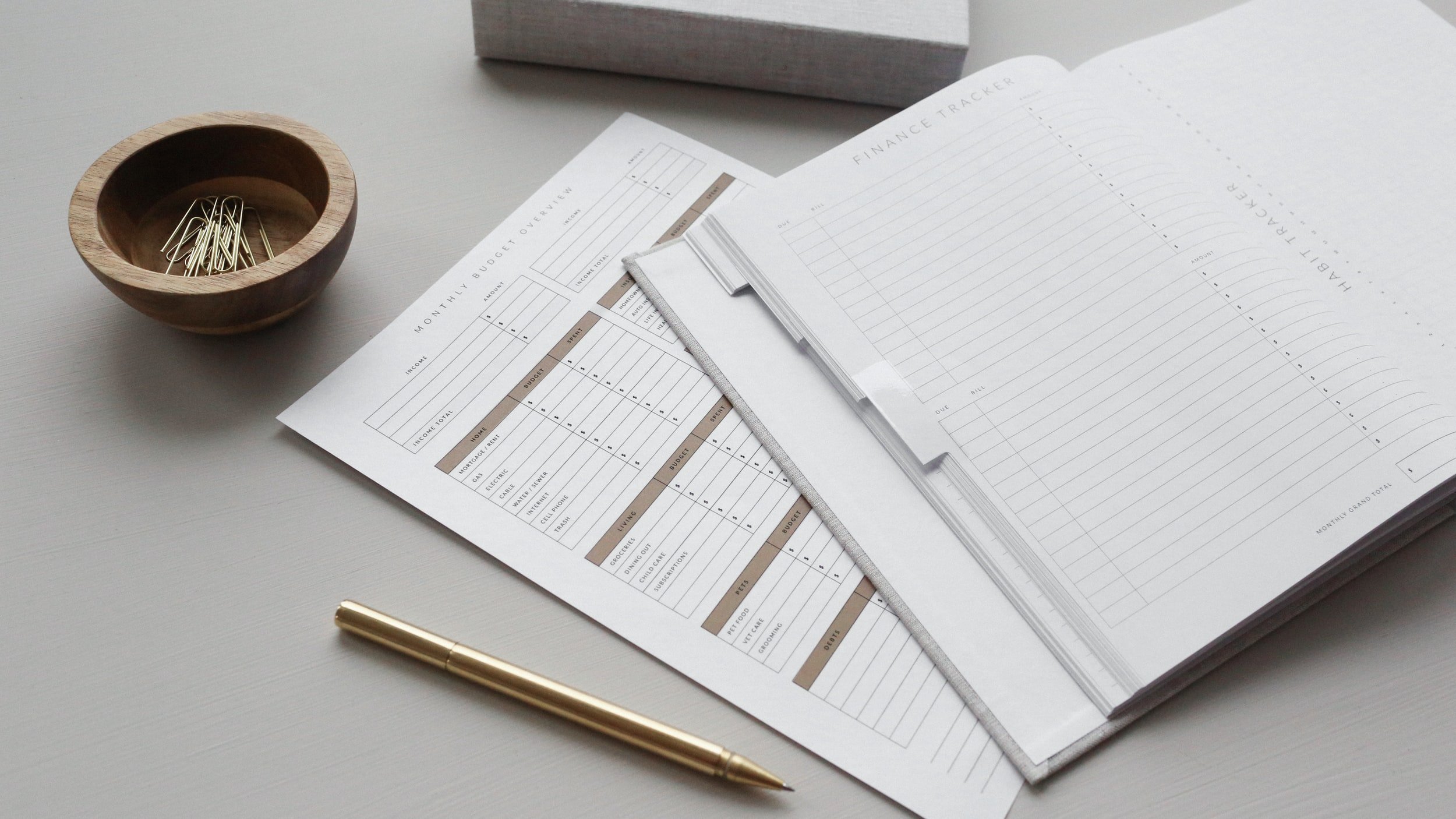What’s the Difference Between If and Whether?
A reader asked me recently if there's a difference between if and whether. You might be wondering the same thing: Are if and whether interchangeable, and if not, how do you know which one to choose?
If and whether are sometimes interchangeable, but not always. And the easiest way to avoid errors is to follow this simple rule: use if to introduce a condition. In all other cases, use whether.
But there’s still more to know if you want to use if and whether properly. In fact, using the wrong word could change the meaning of your sentence entirely. So, keep reading to discover:
The difference between if and whether
When to use whether
When you can use both if and whether
How using if or whether sometimes changes the meaning
Other important uses of whether
Teaching English Just Got Easier!
Save hours of time with an organized collection of high quality, easy-prep ESL lesson plans and worksheets right at your fingertips!
THE DIFFERENCE BETWEEN ‘IF’ AND ‘WHETHER’
As we just learned, generally, we use if to introduce a condition:
If you see her, let me know.
And we use whether to talk about alternatives:
Do you know whether she’s coming (or not)?
This is a general rule that will help you avoid making mistakes. But remember, we can also use if to introduce alternatives:
Do you know if she’s coming?
So how do you know which one to choose?
When introducing alternatives, your choice between if and whether will depend on two things:
1. If you want to sound more formal, use whether to introduce an alternative. Whether is generally preferred in a formal style:
We discussed whether we should cancel the event.
2. When introducing more than two options, use if.
Let me illustrate this point with an example. Suppose I say,
I don’t know whether the meeting is on Tuesday or Thursday.
Here we have two options. Tuesday is one option, and Thursday is another option. Now, when using if, I’m not limited to two options. So, I can say,
I don’t know if the meeting is on Tuesday or Thursday.
But I can also say,
I don’t know if the meeting is on Tuesday or Thursday, or if it’s next week.
So by using if, we allow for other options. But with whether, we’re limited to two choices.
When you can only use whether
In certain structures, only whether is possible. For instance, we use whether, and not if, after prepositions, infinitives, and as subjects and complements of a sentence. Here are some useful tips on when to use whether in English:
1. Use whether after a preposition
We don’t use if after prepositions. We use whether instead:
We’re having a conversation about whether this would work.
It’s not a question of whether it’s possible.
2. Use whether before infinitives
Before infinitives (to + verb), only whether is possible:
But who knows whether to believe him?
We had a discussion about whether to leave or not.
3. Use whether as a subject and complement
Whether is preferred when introducing a subject or a complement in a sentence:
The question is whether it will last.
Whether she was kidding was lost in translation.
| Subject | Verb | Complement |
| The question | is | whether it will last. |
| Whether she was kidding | was | lost in translation. |
NOTE
Using if as a complement is also possible, but less common:
The question is if it will last.
Whether in formal writing
When both if and whether are possible, choose whether in formal writing:
Additional studies are required to determine whether a correlation exists.
When you can use both if and whether
If and whether are both used in the following cases, and your choice will be a matter of style. As you learned earlier, if you want to sound more formal, use whether.
Whether and if in indirect questions
Whether and if can both introduce indirect questions. Compare:
| Direct question | Indirect question |
| Do you like wine? |
She asked if I liked wine. She asked whether I liked wine. |
| Do you want more coffee? | He asked if I wanted more coffee. He asked whether I wanted more coffee. |
| Did you lock the door? | They wanted to know if I locked the door. They wanted to know whether I locked the door. |
Keep in mind that whether is preferred before or, especially in formal writing:
The officials have not decided whether the meeting will be held on Thursday or Friday.
Avoid these common mistakes
We can’t omit whether or if:
I want to find out if the room has an extra bed.
I want to find out the room has an extra bed or not.
We don’t use either in indirect questions:
We can’t say whether it’s possible or not.
We can’t say either it’s possible or not.
Whether and if after verbs of doubting
We use if or whether to introduce sentences after verbs of doubting:
I don’t know if/whether I should tell you this.
I doubt if/whether they will share the results with the rest of us.
I’m not sure if/whether they’ll admit it.
How using if or whether can change the meaning
Sometimes using if or whether can change the meaning of your sentence.
Compare
Let me know if you need more time.
Let me know whether you need more time.
There is a subtle difference in meaning between these two sentences. Let’s look at the first one in more detail:
Let me know if you need more time.
Here I’m asking you to inform me only if you need more time. In other words, if you don’t need more time, there’s no need to tell me.
But when I say:
Let me know whether you need more time.
In this sentence, the two alternatives are: you need more time or you don’t need more time. You will need to inform me of your decision in either case: whether you need more time or not. Notice that even though I omitted “or not” in the sentence, the meaning is implied.
Other common uses of whether
Whether/or
We can use whether/or as a double conjunction. The meaning is similar to it doesn’t matter:
Whether we take the car or the bus, the trip will take at least an hour.
I’m going for a walk whether it rains or not.
Whether or not
We use whether or not to give an opposite alternative:
I’m not sure whether or not to take a vacation this year.
Practice
In the sentences below, decide if only whether is possible, or if both if and whether are correct. Share your answers with us in the comments below and we’ll correct any mistakes!
They can’t decide if / whether to get married or not.
They asked me if / whether I needed more time.
Can you tell me if / whether or not you’re interested?
I don’t know if / whether to get the yellow one or the blue one.
They had an argument about if / whether they should move to a new house.
About the Writer
Sama is the founder of In English With Love and an online English educator from Canada. Her mission is to make quality English learning materials accessible to English learners and teachers everywhere.

















